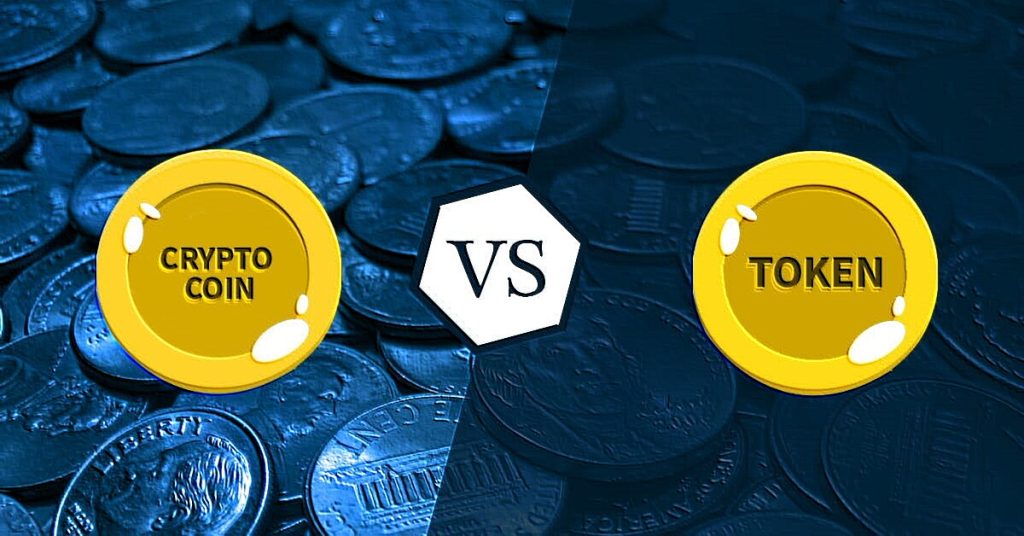Coin vs. Token: Grasping the Contrast in Cryptocurrency

In the world of cryptocurrency, the terms “coin” and “token” are often used, but they refer to different things:
- Coin: Coins are digital currencies that operate on their own independent blockchains. Examples include Bitcoin (BTC), Ethereum (ETH), and Litecoin (LTC). These coins have their own native networks and are used primarily as a medium of exchange or store of value.
- Token: Tokens, on the other hand, are digital assets that typically exist on an existing blockchain platform. They don’t have their own independent blockchain but are built on top of other blockchain networks like Ethereum. Tokens are often created to represent assets or utilities. For instance, ERC-20 tokens on the Ethereum network are commonly used for various purposes such as crowdfunding in Initial Coin Offerings (ICOs), access to services or products within a specific ecosystem, or representing ownership of physical assets.
In essence, coins operate independently on their own blockchain networks, while tokens are created and live on existing blockchain platforms and serve various purposes within those ecosystems.



